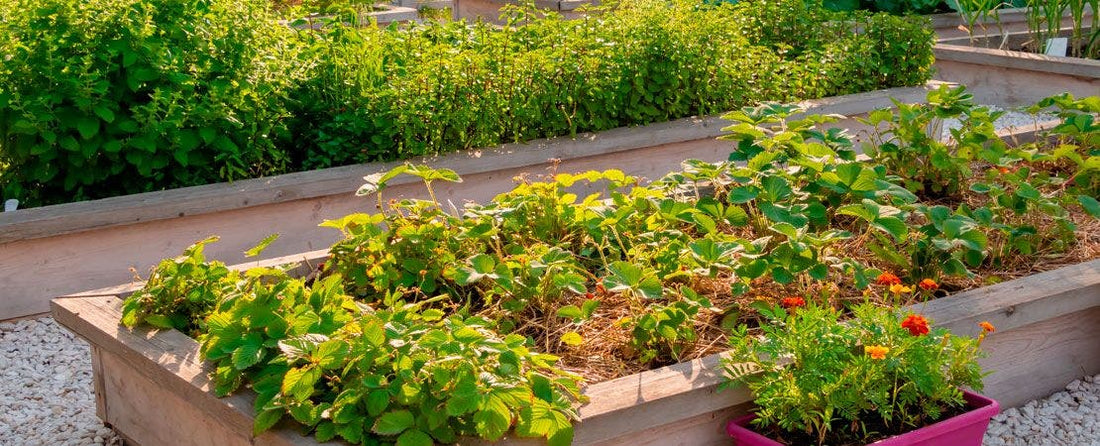
What Not to Plant Next to Tomatoes
Share
Tips From an Expert Vegetable Gardener! Tomato Foes.
Carrie and Dale with the gardening app, From Seed to Spoon, have been growing food for years. Their app, blog, Facebook page, and YouTube channel are packed with ideas to help you avoid gardening mistakes – and offer advice if you’ve already taken a misstep.
Go to FromSeedtoSpoon.net to get the app.
What to avoid planting next to tomatoes. These vegetables can compete so be sure to plant them far enough away so that they don’t share soil.
- Brassicas – they are heavy feeders that might steal nutrients from tomatoes.
- Potatoes– in the same family as tomatoes so susceptible to the same pests and heavy feeding.
- Corn– attract the same pests.
- Fennel – not a good companion plant for vegetables.
- Vining plants – tomatoes love sun and vining plants tend to be heavy feeders.